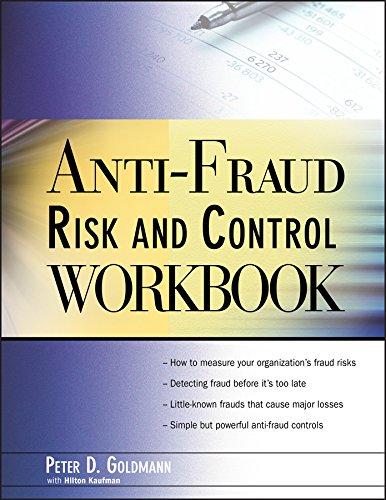Question
2 In the case of a bank overdraft: A. GAAP typically includes the amount in cash and cash equivalents. B. IFRS typically includes the amount
2
In the case of a bank overdraft:
| A. | GAAP typically includes the amount in cash and cash equivalents. | |
| B. | IFRS typically includes the amount in cash equivalents but not in cash. | |
| C. | GAAP typically treats the overdraft as a liability, and reports the amount in the financing section of the statement of cash flows. | |
| D. | IFRS typically treats the overdraft as a liability, and reports the amount in the investing section of the statement of cash flows. |
Under IFRS, significant non-cash transactions:
| A. | are classified as operating, if they are related to income items. | |
| B. | are excluded from the statement of cash flows and disclosed in narrative form or summarized in a separate schedule. | |
| C. | are classified as an investing or financing activity. | |
| D. | are classified as an operating activity, unless they can be specifically identified with financing or investing activities. |
Question 3
For purposes of the statement of cash flows, under IFRS interest paid is treated as:
| A. | an operating activity in all cases. | |
| B. | an investing or operating activity, depending on use of the borrowed funds. | |
| C. | either a financing or investing activity. | |
| D. | either an operating or financing activity, but treated consistently from period to period. |
Question 4
For purposes of the statement of cash flows, under IFRS income taxes paid are treated as:
| A. | cash flows from operating activities unless they can be separately identified as part of investing or financing activities. | |
| B. | an operating activity in all cases. | |
| C. | an investing or operating activity, depending on whether a refund is received. | |
| D. | either an operating, financing or investing activity, but treated consistently to other companies in the same industry. |
Question 5
Which of the following is false?
| A. | In general, IFRS note disclosures are more expansive compared to GAAP. | |
| B. | GAAP and IFRS have similar standards on subsequent events. | |
| C. | Both IFRS and GAAP require interim reports although the reporting frequency varies. | |
| D. | Segment reporting requirements are very similar under IFRS and GAAP. |
Question 6
Subsequent events are reviewed through which date under IFRS?
| A. | Statement of financial position date. | |
| B. | Sixty days after the year-end date. | |
| C. | Date of independent auditors opinion. | |
| D. | Authorization date of the financial statements. |
Step by Step Solution
There are 3 Steps involved in it
Step: 1

Get Instant Access to Expert-Tailored Solutions
See step-by-step solutions with expert insights and AI powered tools for academic success
Step: 2

Step: 3

Ace Your Homework with AI
Get the answers you need in no time with our AI-driven, step-by-step assistance
Get Started


